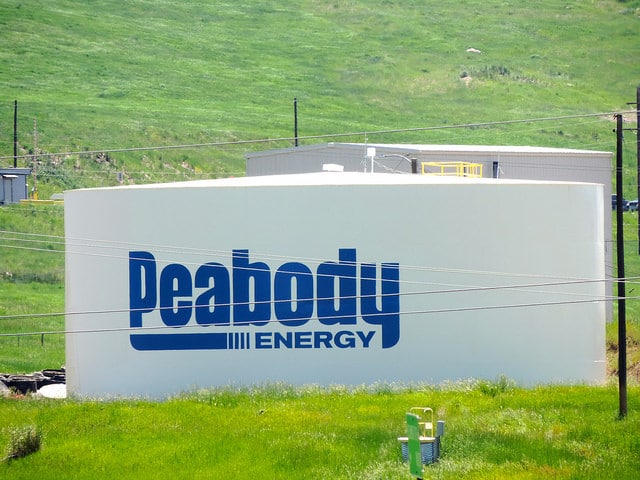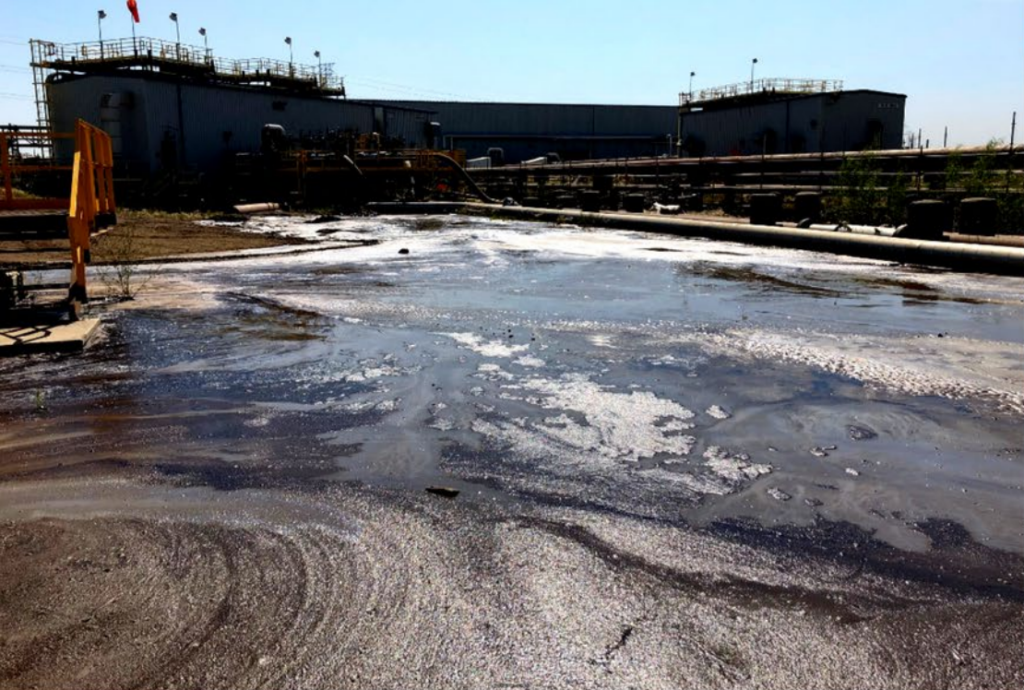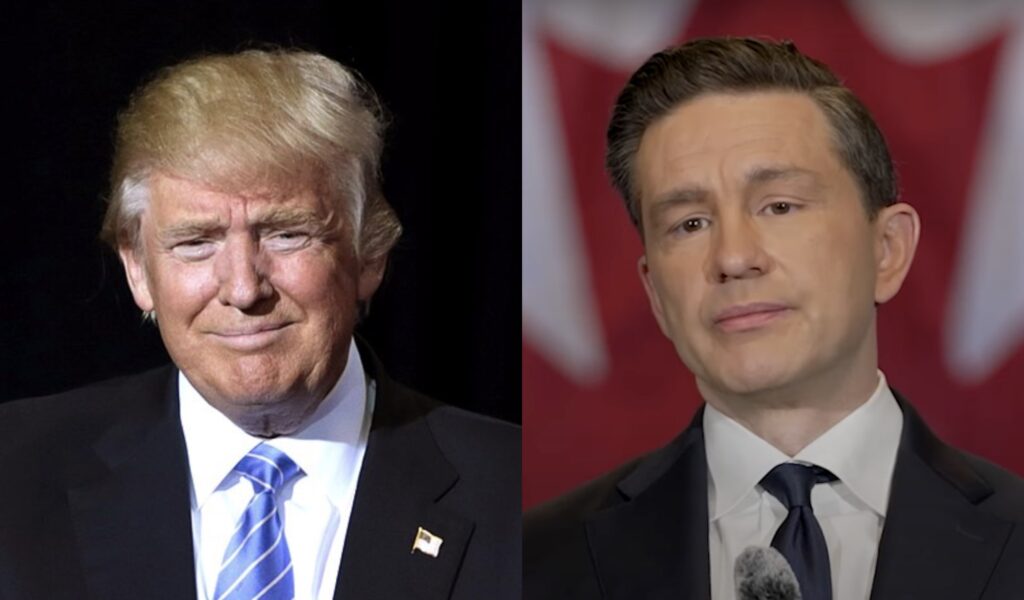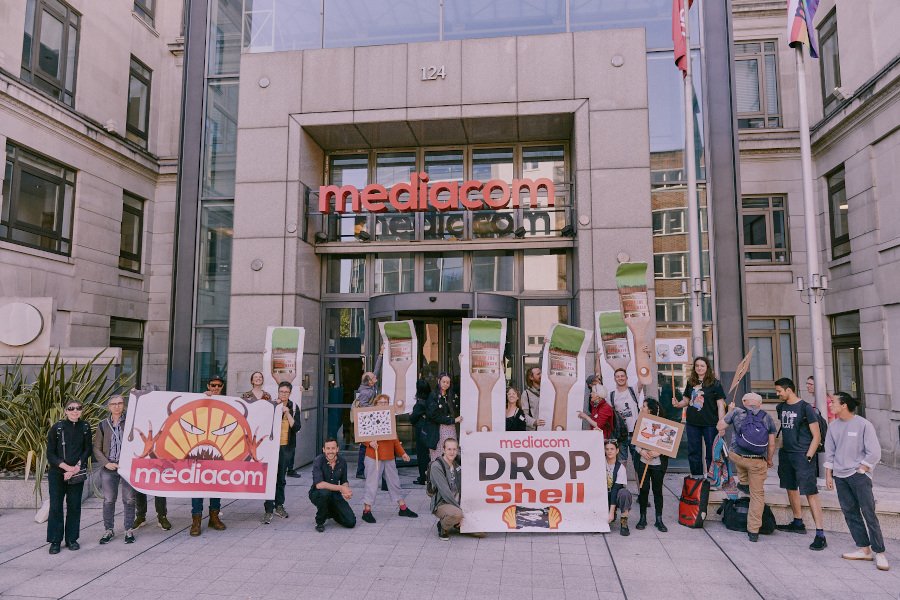According to publicly available court records, US coal company Peabody Energy recently submitted expert testimony to the Minnesota Public Utilities commission arguing that, ”CO2 is not harmful and is actually good for the planet” and that “there is no empirical scientific evidence for significant climate effects of rising CO2 levels, and there is no convincing evidence that anthropogenic global warming (AGW) will produce catastrophic climate changes.”
These statements and many more were included in “expert” presentations made to the Minnesota Public Utilities commission in June of this year by Roy Spencer and Roger Bezdek, who were both testifying on behalf of Peabody Energy.
The hearings were conducted by the Minnesota Public Utilities Commission which is investigating the environmental and socioeconomic costs of carbon and greenhouse gases.
Roger Bezdek, an economist and president of a consulting firm called Management Information Services, Inc, offered testimony on behalf of Peabody Energy on June 1, 2015.
According to court documents, Bezdek’s purpose for appearing in front of the commission on behalf of Peabody was to “assess whether the Commission should adopt a new environmental cost value for CO2 based on the benefits of CO2 emissions and the problems with the federal social cost of carbon (SCC).”
Bezdek did not respond to a request for clarification on his relationship with Peabody Energy or what his financial compensation was for his expert opinion.
Looking at the provided footnotes that accompanied Bezdek’s testimony, it relies heavily on the work of well known climate deniers with historical ties to the fossil fuel industry, like Fred Singer, Craig Idso and Willie Soon.
In his testimony, Roger Bezdek made the following claims regarding climate change and carbon pollution:
“CO2 is not harmful and is actually good for the planet…”
“The federal SCC [social costs of carbon] estimates do not adequately consider the benefits 27 of fossil fuels and CO2 emission.”
“In reality, the ‘scientific consensus’ is a manufactured myth…”
You can click here to read Roger Bezdek’s complete testimony on behalf of Peabody Energy [PDF].
Interestingly, while Bezdek spoke with confidence that the external costs of carbon (i.e. the damage to the environment and public health) should be set at zero, he admits at the hearing that he has himself “not determined a precise externality figure for carbon dioxide.”
Roy Spencer, the second expert put forward by Peabody Energy, is a meteorologist by training who has long contended that carbon pollution from the burning of fossil fuels is not the cause of climate change. While Spencer has been featured at conferences organized by groups like the Heartland Institute, his conclusions about climate change have not gained traction and in many cases his work has been discredited by the scientific community.
You can read Spencer’s full testimony on behalf of Peabody Energy here: Direct Testimony and Exhibits of Professor Roy Spencer June 1, 2015 [PDF].
Spencer also did not respond to a request to clarify his financial relationship with Peabody Energy.
This is not the first time Peabody Energy has argued against the core scientific conclusions around climate change.
DeSmog recently published a story about a submission by Peabody to the White House Council on Environmental Quality (CEQ) that included many of the same arguments made by Bezdek and Spencer. In that submission Peabody argued that greenhouse gas is a “non-existent harm” and a “benign gas that is essential to all life.”
As a pure play coal company Peabody Energy is under a lot of pressure with coal exports down worldwide and new regulations on carbon emissions coming into effect in the the United States, as well as other countries the company operates in, like China.
The single largest source of greenhouse gas in the United States is coal-fired electricity plants and so any new regulations on carbon has an outsized impact on companies like Peabody that are so singularly focused on coal.
Peabody Energy’s stock price (NYSE: BTU) reflects these realities, with the company recently falling to its lowest price-per-share in history, and trading today at $1.71 per share thanks to a Soros investment bump that likely won’t last. The stock price has tumbled from a high of over $72 per share in 2011, and analysts are predicting that Peabody could go bankrupt within the next two years.
Subscribe to our newsletter
Stay up to date with DeSmog news and alerts







